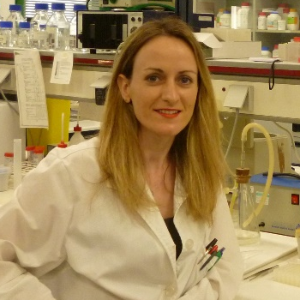Pathophysiology: It is the study of the disordered physiological processes that cause, result from, or are otherwise associated with a disease or injury, simply called as a convergence of pathology with physiology. The conditions where cancer development consist of multistep process involving mutation and selection for cells with a progressively increasing capacity for proliferation, survival, invasion, and metastasis known as Cancer Pathophysiology.
Genetics: The scientific discipline that investigation of genes and pathways in cancer development. Cancer geneticists use several approaches including the analysis of the genomes of cancer patients to identify cancer genes.
Epigenetics: It is considered as rapidly growing field of cancer research which includes study of behavioural and environmental changes that affect the active genes. Mutations in the DNA sequence of specific genes led to the uncontrolled cell reproduction seen in cancer.
Metastasis: The spread of cancer cells from the place where they initially formed to another parts of the body. In metastasis, cancer cells break away from the original primary tumor, travels through the blood or lymph system, and form a new tumor in other organs or tissues of the body. The newly formed cells also represents the primary tumour. Likewise if breast cancer spreads to the lung, the cancer cells in the lung are breast cancer cells, not converted into lung cancer cells.
Metabolism: It means the chemical changes that take place in a cell or an organism of the body. Cancer metabolism is one of the past research in cancer biology, refers to the alterations in cellular metabolism pathways that are evident in cancer cells compared with most normal tissue cells. Those Metabolic alterations in cancer cells are numerous includes-






